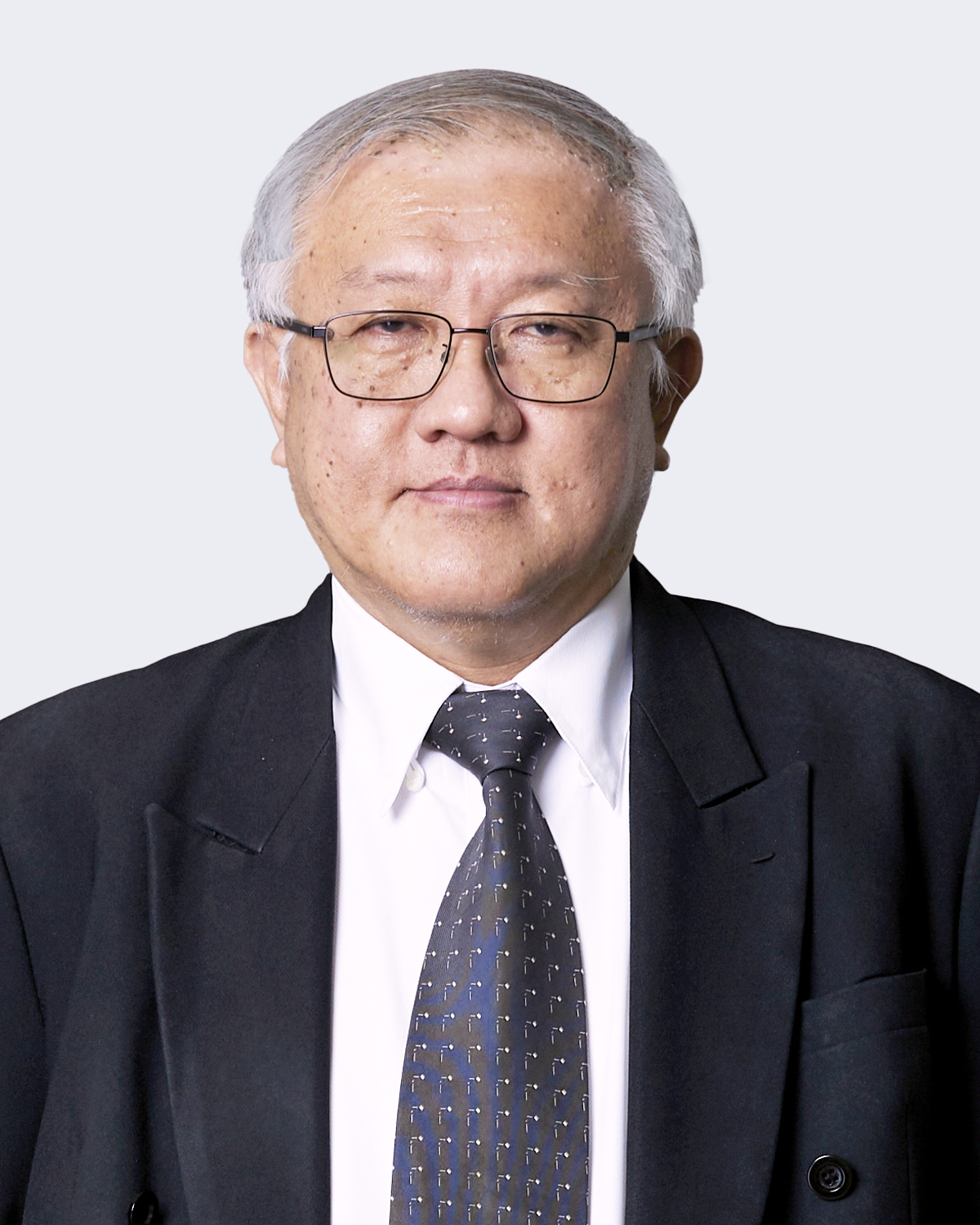Thailand’s Department of Mineral Fuels (DMF) has developed a framework to regulate carbon capture and storage (CCS) and related activities by introducing “carbon business” to the draft amendment to the Petroleum Act B.E. 2514 (1971).
CCS involves the capture, treatment, transport, and underground storage of carbon dioxide produced from industrial power generation. The captured carbon can be used to enhance oil recovery, converted into fuel such as methane or DME (dimethyl ether), or converted to higher-value products. In Thailand, various companies have carried out CCS feasibility studies.
Carbon Business and Licensing
Under the draft amendment to the Petroleum Act, “carbon business” is defined as exploration for purposes of carbon storage or compression of carbon into carbon storage, while “carbon” is defined as carbon dioxide in the state of gas or supercritical fluid generated as a byproduct or captured from other sources and transported for storage.
Any concessionaire, product-sharing contractor, or service contract holder that has been granted permission to explore for or produce petroleum under the Petroleum Act can apply for a carbon business license from the director-general of the DMF with the approval of the Petroleum Committee.
Licenses are also available to any other parties who meet the eligibility criteria to be prescribed later by a ministerial regulation. Licenses for these parties will be allocated through competitive bidding according to procedures to be announced by the minister of the Ministry of Energy (MOE).
In granting a license, the minister of the MOE and the director-general of the DMF will consider the geological suitability of carbon storage, storage systems, surrounding areas of carbon storage, risk of carbon leakage and movement, environmental impacts, and the applicant’s financial potential and ability in environmental management.
Responsibilities of Carbon Business Operators
Carbon business operators are required to monitor and inspect their installations, structures, and carbon storage for any carbon leakage and movement, as well as adverse effects on the surrounding environment.
The closure of a carbon storage site will occur when:
- all terms and conditions under the carbon storage license have been completed;
- permission to close the carbon storage is granted by the director-general of the DMF; or
- the carbon business license has been revoked.
Upon closure of the storage, the carbon business operator’s responsibilities will continue and will be transferred to the DMF only after:
- compression of carbon into the carbon storage is complete;
- security for liability transfer, for a period of three years after the closure of the carbon storage site, is placed with the director-general of the DMF; and
- all installations or buildings used for carbon storage are removed.
The amended Petroleum Act as shown in the current draft will provide a regulatory framework for CCS activities in Thailand. Further details, such as those in relation to applicant qualifications, the bidding process for selecting carbon business operators, and the royalty fee applicable to carbon concessionaires, will be addressed in future subregulations.
For more details on Thailand’s approach to CCS, or on any aspect of energy activities in Thailand, please contact Supasit Boonsanong at [email protected], Kobchai Nitungkorn at [email protected], or Phareeya Yongpanich at [email protected].







